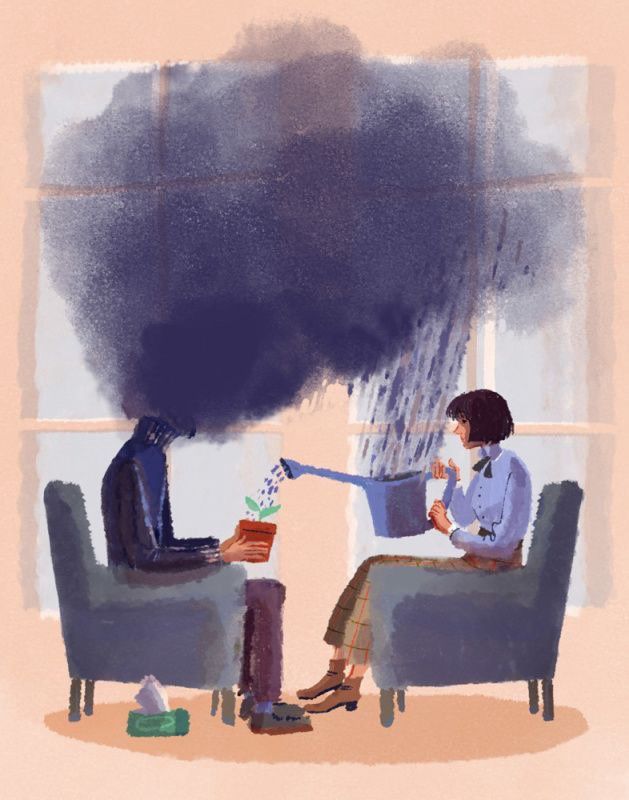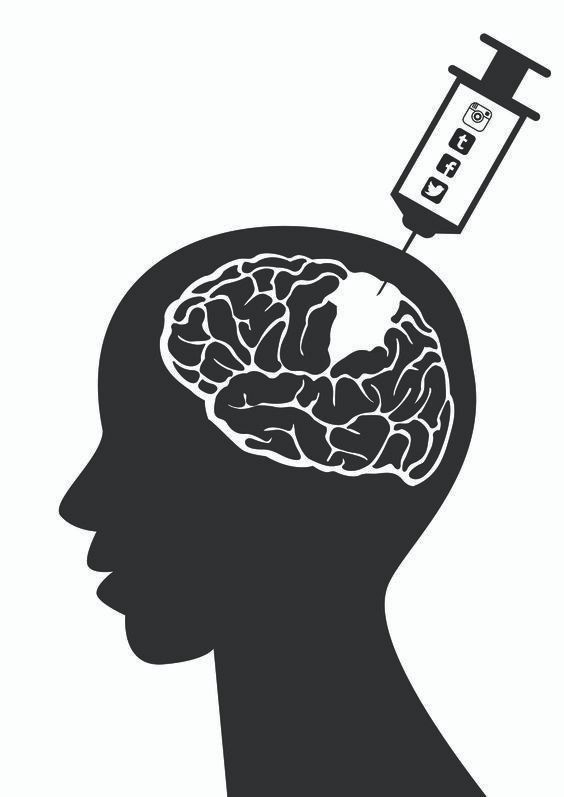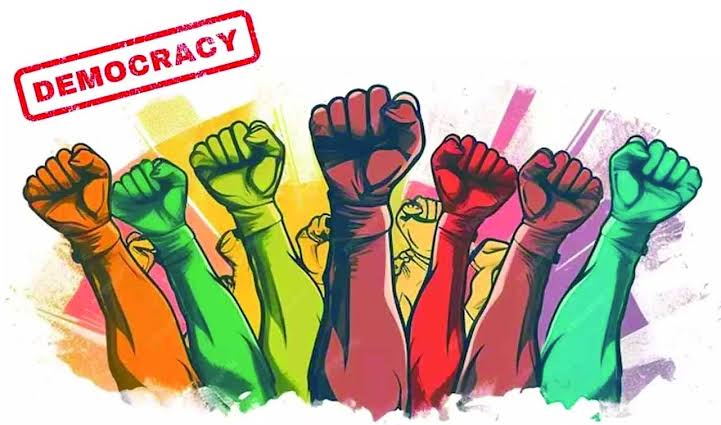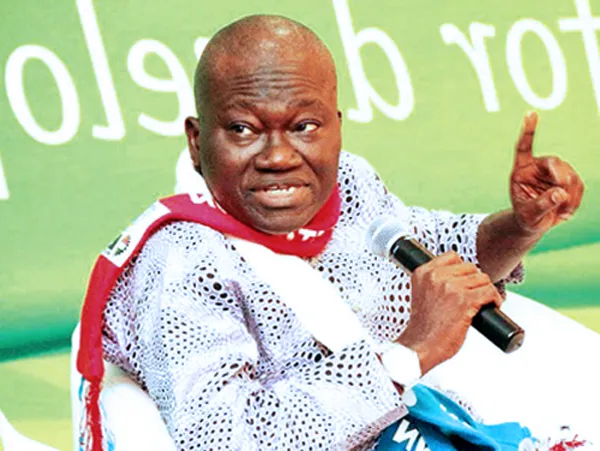Lawyer Mike Ozekhome Warns of Nigeria Drifting Towards Dictatorship

Professor Mike Ozekhome (SAN), a distinguished Nigerian constitutional lawyer and human rights advocate, has sounded a significant alarm regarding the current political trajectory in Nigeria. During an interview on Channels Television’s “Hard Copy” programme on a Saturday, Ozekhome warned that the nation is “gradually driving without knowing it towards a one-party state,” a path he believes could culminate in a full-blown dictatorship if not actively challenged by the citizenry.
Ozekhome expressed profound concern over what he termed the "dangerous erosion of political ideologies" and "bootlicking at its highest level" within the Nigerian political landscape. He highlighted the increasing trend of political decampments and cross-carpeting by elected officials, arguing that such actions demonstrate a stark lack of ideological grounding. Politicians, he lamented, appear to prioritize personal gain over party principles, making them easily interchangeable. “It’s like beans, akara, and moi-moi; they’re the same,” Ozekhome stated, criticising the lack of scruples among those who switch party affiliations, with recent examples including the defection of Akwa Ibom's governor to the ruling All Progressives Congress (APC).
The Senior Advocate of Nigeria elaborated on the severe implications of a one-party system, asserting that it inevitably leads to unchecked power and authoritarianism. “In a one-party state, dictatorship reigns supreme,” he cautioned. Ozekhome painted a grim picture where democratic institutions such as the National Assembly and the judiciary would be “pocketed,” effectively silenced, and coerced into universal agreement. This, he warned, would extinguish dissent, eliminate checks and balances, and render democratic accountability obsolete.
Drawing historical parallels, Ozekhome referenced the People’s Democratic Party’s (PDP) 16-year tenure, during which they famously boasted of governing for 60 years, only for the party to eventually implode. He suggested that President Bola Ahmed Tinubu has strategically positioned his allies in critical sectors of governance. If the opposition remains fragmented and fails to present a viable alternative, Ozekhome posited that this could create a scenario where Tinubu “virtually runs against himself” in the 2027 presidential elections.
It is noteworthy that President Bola Tinubu has addressed the allegations of his administration fostering a one-party system. Speaking at an APC national summit where he was reportedly adopted as the party's sole presidential candidate for 2027 by party leaders, Tinubu countered these claims. He taunted his accusers and suggested that politicians defecting to the APC were merely abandoning a "shrinking ship," implying the weakening of opposition parties.
Ozekhome did not limit his critique to the political class; he also expressed dismay at the public's apparent docility in the face of mounting hardships. He likened this societal response to a “Stockholm Syndrome,” a psychological condition where the oppressed develop a sense of trust or affection for their aggressors. “The average Nigerian is so helpless and hopeless, pushed to the wall. Yet, instead of challenging their aggressors, they retreat inwardly,” he observed, pointing to a state of pervasive helplessness.
Despite his somber assessment, Professor Ozekhome issued a powerful call to action, urging Nigerians to awaken from their political complacency and reclaim their sovereign power. He implored citizens to break free from the "Stockholm Syndrome," to be resilient, and to actively demand accountability from their leaders. “The power is yours; it is not theirs,” he emphatically reminded the populace, stressing the fundamental principle that government derives its authority from the people.
Professor Mike Ozekhome's stark warnings about the drift towards a one-party state and potential dictatorship serve as a critical commentary on Nigeria's current political environment. His analysis, highlighting the erosion of political ideologies, the consequences of unchecked power, and the need for citizen engagement, presents a profound challenge to both the political establishment and the Nigerian public, particularly as the nation looks towards the future and the 2027 general elections.
You may also like...
Therapy in Africa: A Trending Lifestyle or a Cultural Necessity?

Therapy is rising in African spaces—but is it a trend or a true cultural shift? This article explores how African youth ...
The Real Cost of Political Apathy: Why Choosing Silence Is Still a Choice
.jpeg)
Apathy is silently eroding African democracies. This powerful article explores why youth political disengagement isn't n...
Tech But No Touch: Is AI Disrupting Human Intimacy?

As AI weaves deeper into our emotional and romantic lives—from dating apps to virtual companions—this article explores h...
Social Media Activism: Real Change or Just Noise?
.jpeg)
From #EndSARS to #MeToo, hashtags have raised awareness—but is digital protest enough? This article explores the power a...
Can African Men Be Pretty Too?

Can African men be pretty without judgment? This bold essay challenges rigid gender norms, celebrating the quiet rebelli...
The Mind Forgers: Is Social Media Building Echo Chambers That Break Our Reality?

Do social media echo chambers break our reality? Explore how algorithms program minds, fuel polarization, erode critical...
Is Democracy Working for the Average African Youth?

Despite regular elections and democratic systems, many African youth feel excluded from real change. This article examin...
Why Sleep is the New Flex Among Burnt-Out Youth
.jpeg)
Across African cities, a new generation is rejecting burnout and embracing sleep as the ultimate form of self-care and...




